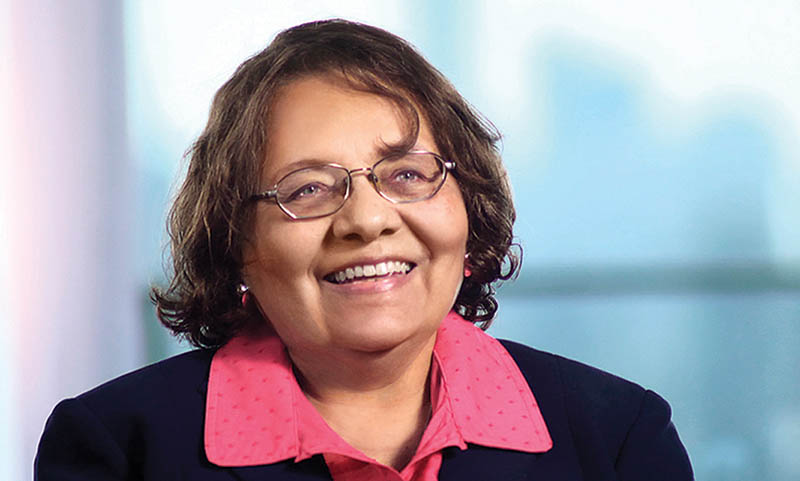Diane Nash Keynotes SU Women's History Month Celebration March 28
 SALISBURY, MD---When Chicago native Diane Nash moved to Nashville to attend Fisk University in the late 1950s, she witnessed Southern racial segregation for the first time.
SALISBURY, MD---When Chicago native Diane Nash moved to Nashville to attend Fisk University in the late 1950s, she witnessed Southern racial segregation for the first time.
The jarring experience was transformative. By the 1960s, Nash became a household name in the national civil rights movement.
She shares her experiences as the keynote speaker in 黑料网’s annual Women’s History Month celebration 7 p.m. Wednesday, March 28, in the Patricia R. Guerrieri Academic Commons Assembly Hall.
In 1959, Nash attended nonviolent protest workshops led by the Rev. James Lawson of the Nashville Christian Leadership Conference. Later that year, she participated in impromptu sit-ins to protest exclusionary racial policies in the city’s downtown lunch counters.
She was elected chair of the Student Central Committee due to her reputation from these sit-ins and her nonviolent protest philosophy. In 1960, she led many of the student protests that grew following mass sit-ins in Greensboro, NC, ultimately leading Nashville to become the first southern city to desegregate lunch counters.
Several months later, Nash joined other students from the South in Raleigh, NC, to form the Student Nonviolent Coordinating Committee. In 1961, she helped coordinate and participated in the Congress of Racial Equality’s historic Freedom Rides to protest segregated bus terminals in the South.
Following the rides, she became a full-time organizer, strategist and instructor for the Southern Christian Leadership Conference (SCLC), led by the Rev. Dr. Martin Luther King Jr. She also moved to Mississippi, where she helped organize voter registration and school desegregation campaigns.
Arrested dozens of times during the movement, Nash and her husband, James Bevel, earned the SCLC’s prestigious Rosa Parks Award. In presenting the honor, King singled out their contributions to the Selma, AL, right-to-vote movement, which eventually led to the Voting Rights Act of 1965.
In 1966, Nash turned her attention to what she saw as another social injustice, joining the Vietnam Peace Movement.
She remained involved in political and social transformation throughout the next several decades, including serving as an activist for women’s rights in the 1970s and ’80s. Now in her late 70s, she continues to speak out for social change.
Admission is free and the public is invited. For more information call 410-543-6030 or visit the SU website at www.salisbury.edu.
